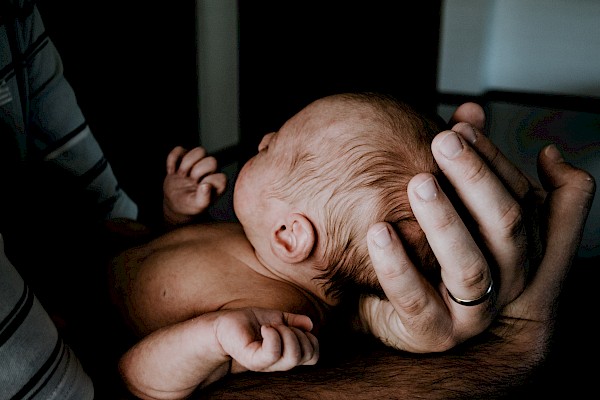365 fresh chances
New Year’s resolutions are a part of New Year in the same way that Christmas trees are a part of Christmas. Why do so many of us set ourselves new goals at precisely this time? Is it simply a ritual, a tradition that has arisen, or is there more to it?
The “Fresh Start effect”
Although, for some of us, New Year’s resolutions are simply a tradition and part of the change of year, the drive for new goals can be explained. Psychologists talk about the “Fresh Start effect”, which describes the phenomenon of the start of a new year or other unit of time entailing the wish for changes. The right time for “starting something new” and “rediscovering ourselves” is subjective. We want to be more “ourselves”, to set our own goals and live more healthily. The latter can be confirmed by a search behaviour analysis on Google: users search for terms such as “healthy diet” or “fitness studio” more than average at the beginning of the month or of a new year.
The “Fresh Start effect” is also a feeling that a new chapter is starting. This feeling can also be triggered by moving house or starting a new job. Because this doesn’t happen too often, New Year’s Eve is a better time for trying something new in our lives. However, even in late December, the new year can still seem a long way off. This distance means that we find it easier to commit to something difficult. Ultimately, our jobs, deadlines and other obligations seem to lie in the distant future. For this reason, the distance is deceptive, because we overlook the constraints of everyday life. Frequently we don’t think enough about how we want to achieve the goal. Instead, we luxuriate in a rosy future: wouldn’t it be great to be in better physical shape, have more time for the family or be less stressed at work? This fantasy can act like an early reward and even distract us from the desired behaviour.
“A goal without a plan is just a wish.”
- Antoine de Saint-Exupéry -
Successfully changing behaviour
More sport, a balanced diet, giving up smoking, less alcohol, more time for family and friends – have you failed or given up on one of these intentions in recent years? This happens to most of us. And, from the scientific perspective, it is hardly surprising; health-related behaviour changes are ultimately very complex. They require us to adapt habits and auto-pilot behaviours in widely varying areas of life. For example, if you undertake to eat a balanced diet, this frequently affects the family environment, friends, or the need for rewards and social allegiance, on top of the attitude to food. What sounds simple in theory, in your head, can become a huge challenge in your daily life as a result. Even if the behaviour changes work relatively well to start with, more and more obstacles can suddenly pop up over time – an invitation for fondu with friends, a business lunch at work, not enough time to cook, and so on. Such obstacles often discourage us from sticking to our plan, which means reaching the goal slides further into the distance. The result is that the goal becomes a burden, motivation drops and we give up on the intention. Then self-doubts and negative feelings appear alongside the disappointment that comes with failure. As we want to avoid disappointments and negative emotions, our motivation and willingness to try again dwindle with each failed behaviour change.
So much for the difficulties! However, there are good strategies for bypassing the obstacles described and still achieving your personal goals. When you are aware that you are tackling something complex and will need to accept setbacks, your chances of success are greater! With the right approach, you are much more likely to achieve your goals and be happier in the long term.
“Change is hard at first, messy in the middle, and gorgeous at the end!”
- Robin Sharma -
Over the next few weeks, we will describe the strategies that have helped various people to lead a healthier lifestyle. We will give you information, tips and tricks for tackling your intentions.
We will start with “Setting goals and action plans” in our next article.
References:
Dai, H., Milkman, K., L. & Riis, J. (2014). The Fresh Start Effect: Temporal Landmarks Motivate Aspirational Behavior. Management Science. 60 (10). Pp. 2536-2582.
Freiermuth, A. (2017). Ohne Plan geht bei den Vorsätzen nichts. Blog article: migros-impuls.ch.
 subscribe to newsletter
subscribe to newsletter


